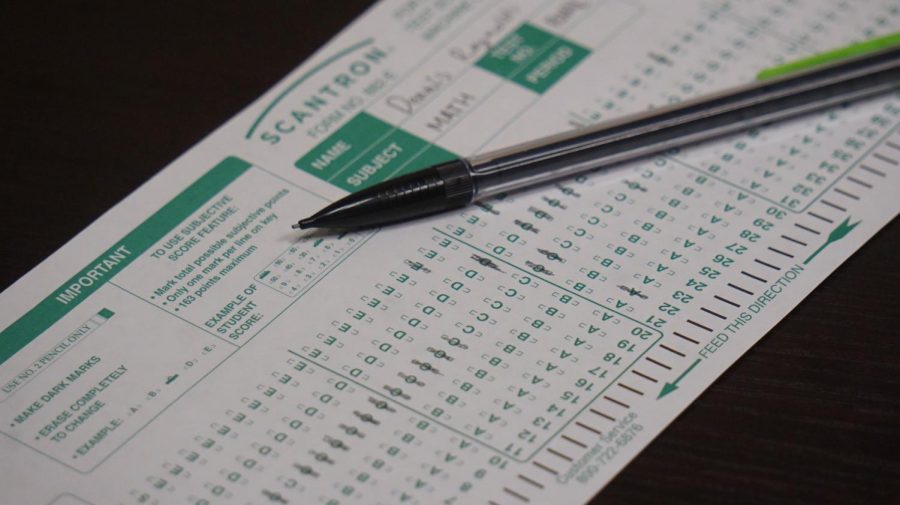The Psychology of Learning
A new year and semester brings in resolutions to become better students. The Department of Psychology at New Mexico State University has some tips on how to better retain the knowledge in courses.
“If you want to test that you know something it would be best if you close the textbook and take a blank piece of paper and write down all the segments of that chapter you can remember,” department Head Dominic Simon, Ph.D. explained. “Then go back to the chapter and say ‘Here are the things I got correct and here are the things I missed. Let’s think about how I might have missed those and how can I make those more memorable in the future.”
Simon specializes in human learning and memory, motor learning and skill acquisition.
Simon also mentioned the “testing effect” which argues that you learn better by testing yourself after you have been presented the material rather than when you just reread the chapter.
Another great way to improve information retention is to pretend that you are teaching it, according to a study published by the Psychonomic Society in 2014.
“Expecting to teach appears to encourage effective learning strategies such as seeking out key points and organizing information into a coherent structure,” the study stated.
Simon agrees. He explained students should imagine what they would tell a person who couldn’t make it to class that day about what was taught.
“It sets you up very well for a longer term of understanding and retention of the information,” he said.
According to Simon, writing notes in your own words will have a similar effect.
When it comes to studying for exams in classes that pertain to their major, cramming at the last minute is a bad idea.
“If you only care about passing an exam, cramming the night before can be better than not doing anything the problem with that, though, is that you will retain the information only as long as probably the next day or so,” Simon said.
In other words, if you need the information you learn in a certain class to carry on to the next one, cramming is not always the best approach. Doing enough to get by will not help later in the degree plan or a career after college.
Studying outside of class is very important when trying to memorize vocabulary terms and other information.
“The more times you make an effort to remember something, the stronger it becomes and the easier it is to remember,” Simon explained.
Attempting to recall the material discussed in class is better than taking a test of recognition by rereading your notes.
When the information is presented, like in a multiple-choice exam, human minds are simply recognizing the answer rather than going back and trying to remember what you learned.
“The act of retrieving [information] actually makes it stronger in your memory,” Simon said “Testing is a form of enhancing of the memory. It’s not simply a check on whether it’s there.”
Although these tips might seem tedious to keep track of, they could be instrumental in having a healthier start towards a student’s school year.

Ch'Ree Essary, entering her third year at The Round Up, currently serves as the publication's Managing Editor. The Eastern New Mexico native is a senior...

